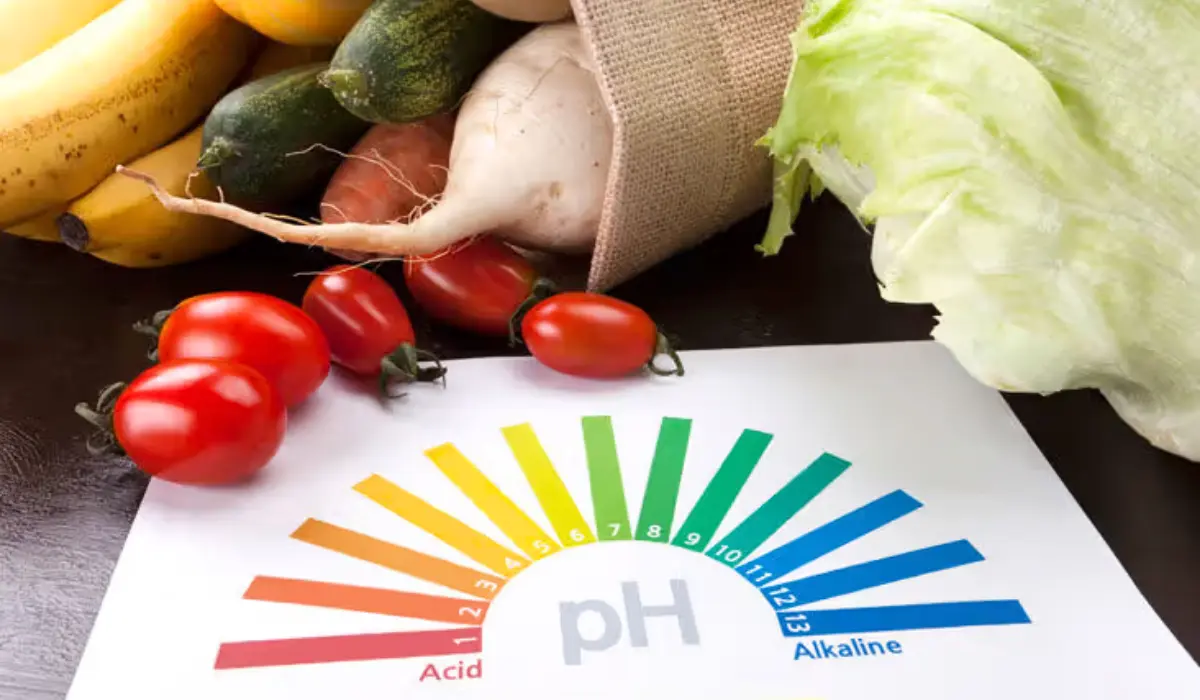Hyperchloremia is a condition characterized by high levels of chloride in the blood. Chloride is an electrolyte that plays an important role in maintaining fluid balance and blood pH. Normal blood chloride levels range from 96 to 106 mEq/L.
In hyperchloremia, the chloride level exceeds 110 mEq/L. While mild elevations in chloride may not cause problems, higher levels can lead to metabolic acidosis and affect kidney function. Understanding the causes, symptoms, and treatments for hyperchloremia is important for the proper diagnosis and management of this electrolyte disorder.
What Is Hyperchloremia?

Hyperchloremia refers to high chloride levels in the blood, generally defined as greater than 110 mEq/L. Chloride is the most abundant extracellular anion and makes up about two-thirds of the total anionic charge in the plasma.
Along with sodium, chloride helps maintain electrolyte balance, fluid distribution, and acid-base homeostasis in the body. The kidneys play an important role in regulating chloride levels through reabsorption and excretion of chloride in the urine.
Hyperchloremia occurs when there is excessive intake of chloride, reduced renal chloride excretion, or metabolic acidosis which drives chloride retention. Common causes include kidney dysfunction, diarrhea, certain medications, and hydration with chloride-rich fluids.
What Causes Hyperchloremia?
There are several potential causes of elevated chloride levels:
Kidney disease – Impaired renal function limits the kidney’s ability to excrete excess chloride. Conditions like acute kidney injury and chronic kidney disease can cause hyperchloremia.
Dehydration – Water loss from vomiting, diarrhea, or intense sweating leads to hemoconcentration and increased chloride concentration.
Hyperalimentation – Getting intravenous fluids or nutrition very high in chloride can increase chloride levels.
Diuretic use – Loop diuretics like furosemide promote chloride retention.
Metabolic acidosis – In acidic conditions, the kidneys retain more chloride to balance pH.
What Are The Signs And Symptoms Of Hyperchloremia?
- Asymptomatic mild elevations
- Muscle cramps
- Weakness and fatigue
- Altered mental status
- Hypotension and shock
- Metabolic acidosis
- Impaired kidney function
- Dehydration
- Electrocardiogram changes like elongated QT interval
What Are The Treatments For Hyperchloremia?
Treatment of hyperchloremia depends on the underlying cause and severity of the electrolyte imbalance. Steps include:
Identifying and addressing the underlying disorder – This may involve stopping or reducing diuretic therapy, managing kidney dysfunction, or correcting acidosis.
IV fluid therapy – Patients may need hydration with chloride-low solutions like dextrose or sodium bicarbonate to promote dilution and renal excretion of excess chloride.
Medications – Potassium-sparing diuretics can be used to increase renal chloride excretion. Alkalinizing agents like sodium bicarbonate may be given to improve acidosis.
Dialysis – In severe kidney failure, dialysis removes excess chloride and helps normalize chloride levels.
Dietary changes – A nutritionist can recommend dietary changes to help regulate chloride intake based on the individual’s underlying conditions.
Ongoing monitoring of chloride levels via blood tests allows assessment of whether hyperchloremia is resolving with treatment.
Conclusion
In summary, hyperchloremia is characterized by elevated chloride levels in the blood. Mild cases may be asymptomatic, but higher levels can cause acidosis, organ dysfunction, and electrolyte disturbances. Key causes include kidney disease, dehydration, medications, and metabolic acidosis.
Treatment aims to address the underlying disorder, provide chloride-lowering IV fluids, manage kidney function, and normalize acid-base balance. With appropriate treatment guided by ongoing monitoring, the prognosis for hyperchloremia can be good. However, uncontrolled hyperchloremia can lead to serious complications, so prompt diagnosis and management are important.

